European Parliament CETA Ratification – Helped by Trump?, by Amy Verdun
By Amy Verdun, University of Victoria
Today the European Parliament approved the Comprehensive Economic and Trade Agreement (CETA). There were 695 Members of the European Parliament (MEPs) present of which 408 voted in favour, 254 against and 33 did not vote. It brings the completion of the ratification process another step closer. The agreement enables the Europeans and Canadians to trade more freely with one another as well as other forms of deeper economic cooperation. The ratification of the CETA by the European Parliament was not always a given. Some members of the European Parliament worry about the dispute settlement system that has been created together with this agreement. A new tribunal ‘the Investment Court System’ that has been put in place to deal with investor-state disputes. Critics worry that only investors will benefit from this court but that groups of consumers, environmentalists or workers cannot bring cases to it. These concerns were leading numerous voices in Europe and Canada to be sceptical about the astuteness of ratifying CETA.
It seems that with a change in global stance towards free trade, following the election of Donald Trump and the subsequent trials and tribulations of the first few weeks of the Trump Administration may have put the partnership of the EU and Canadian in a more favourable light. In the past, some MEPs were concerned about whether CETA would be a template for the Transatlantic Trade and Investment Partnership (TTIP – the EU-US trade agreement). The first thing Trump has done, however, upon becoming the 45th president of the US, is to scrap the TTIP. Thus, those who would be worried about large US, litigious enterprises, would not need to be concerned about how CETA might pave the way for TTIP (at least not in the short-run). Furthermore, if the CETA agreement fails, it would make it more difficult for the EU to sign trade agreements with other countries.
The outlook has changed dramatically in a mere eight months, not only because of the emergence of Trump. The challenge to the global order comes at a time that the EU is still dealing with a multifold crisis within the EU (the aftermath of the euro area crisis, the refugee crisis, the resulting populist backlash in many EU member states, and of course the effect of the UK decision to ‘leave’ the EU). It is possible that this specific economic and political climate in which the MEPs had to decide about this agreement had changed so much that they realised that as the world was becoming rapidly less conducive to amicable transatlantic relations. They may have realised they are witnessing a period which free trade is on the decline, but more dramatically, possibly the end of the Post Second World War Western Liberal Order. Suddenly the worries about what might be any negative side-effect of CETA may have seemed a smaller concern than the overall sea change in the global order. Also with rampant criticism on whether the EU is able to make decisions in a timely fashion (some say whether it is able to take forceful action at all), it may need to be able to show that the EU is able to adopt decisions and take part in securing good relations with an ally, which is not threatening in size, with people who have similar values and cultural traits, and whose Prime Minister seems to be loved across the globe.
Will the CETA become fully ratified? The jury is still out: national (and in some cases subnational) parliaments still have to ratify the agreement. It means that there nevertheless are a lot of hurdles to be taken.
About the author: Amy Verdun is Professor of Political Science and Jean Monnet Chair ad Personam at the University of Victoria, in Victoria BC, Canada where she has been since 1997. Her recent research focuses on an evaluation of ten years economic and monetary integration in Europe, including research on the EU Stability and Growth Pact, innovative governance in the European Union, delegation and power in EU institutions, European Neighbourhood policies and the relations between the EU and its Eastern Neighbours, lessons from Europe for Canada, globalization, Europe’s common agricultural policy, development and European integration, foreign policy and European integration, and comparative regional integration (including Europe-Asia comparisons).
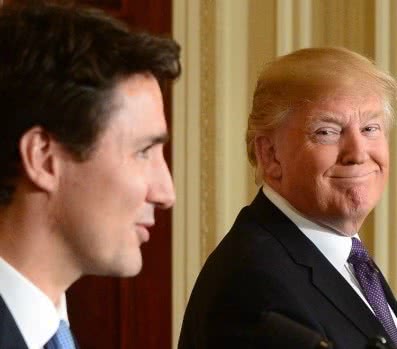
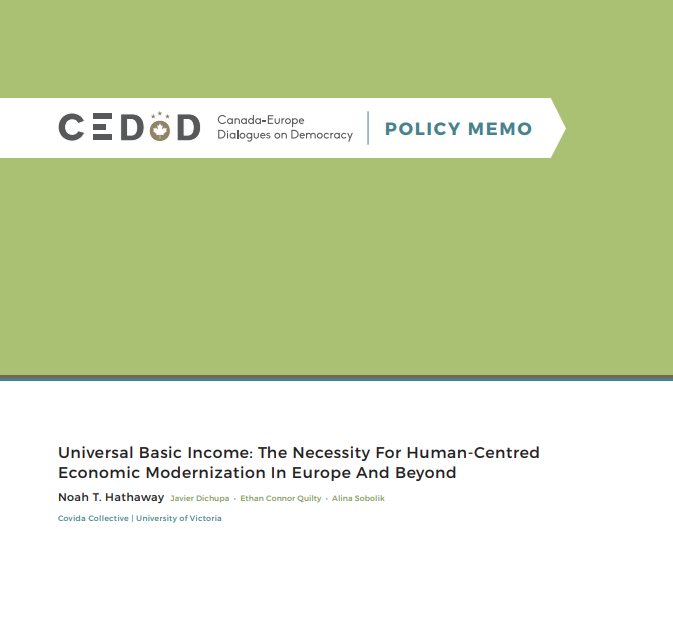


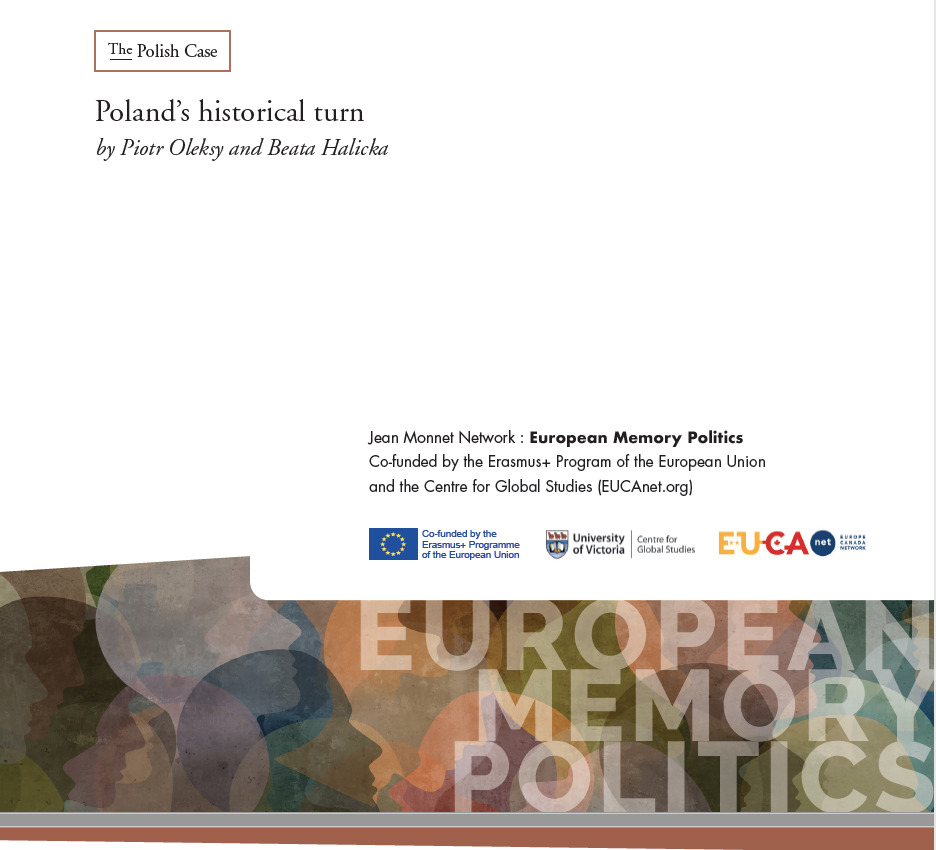


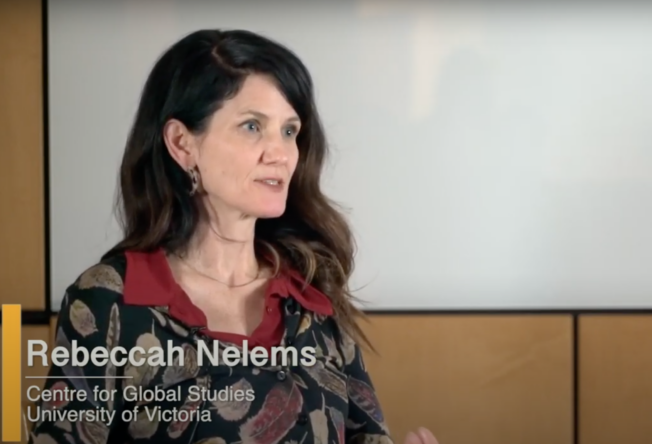
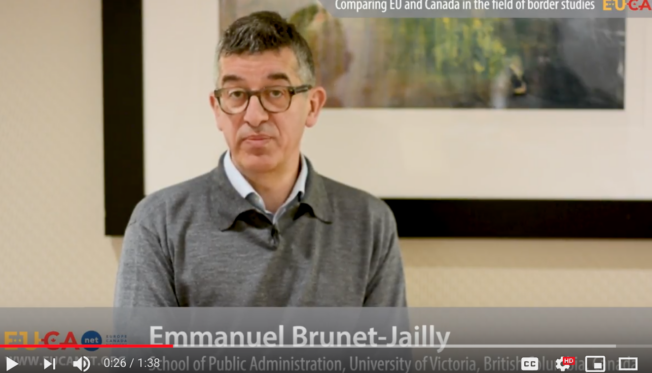

 https://www.euractiv.com/section/global-europe/news/ecology-threats-likely-to-send-more-climate-refugees-towards-europe-by-2050/
https://www.euractiv.com/section/global-europe/news/ecology-threats-likely-to-send-more-climate-refugees-towards-europe-by-2050/